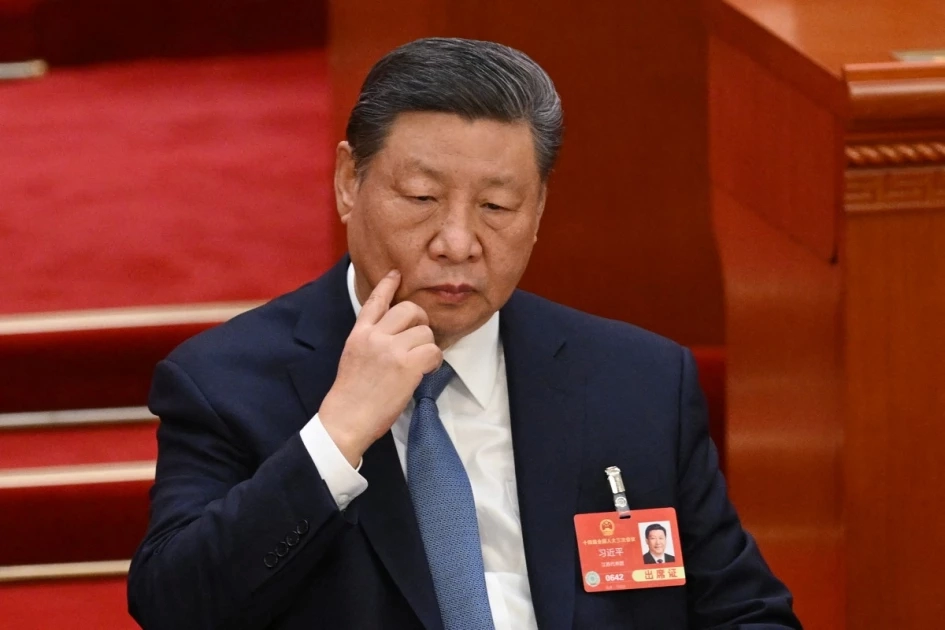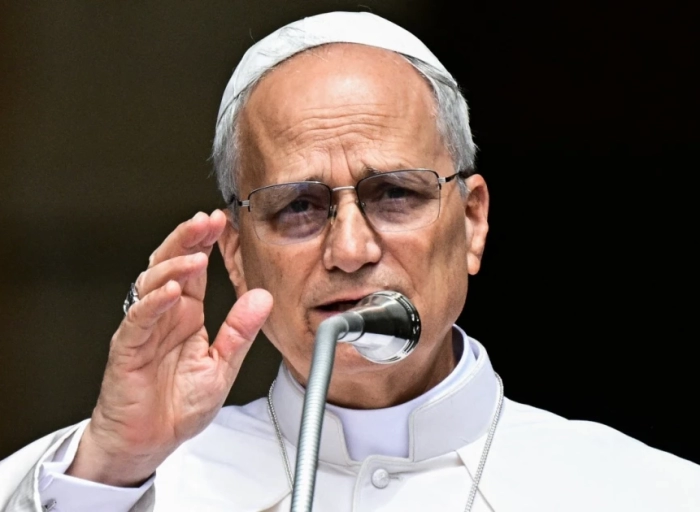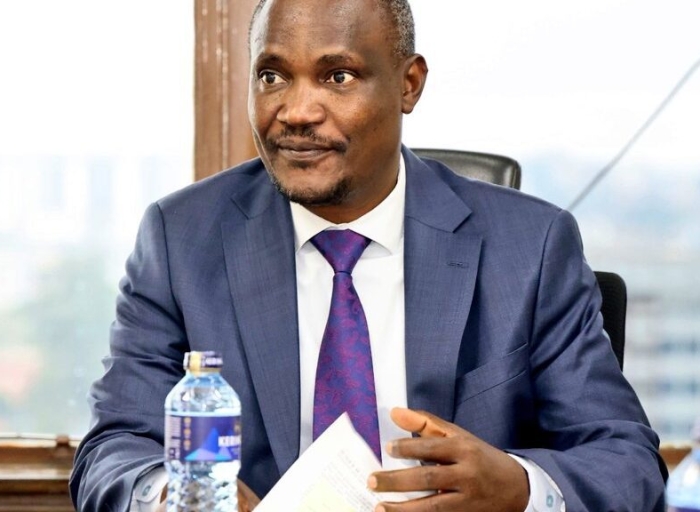In a landmark ruling underscoring China’s ongoing anti-corruption drive, Wu Yingjie, the former Communist Party chief of Tibet, has been handed a suspended death sentence for accepting bribes amounting to nearly Ksh.6.4 billion (approximately $47.8 million). The sentence, delivered by a Beijing intermediate court on Wednesday, reflects the severity of Wu’s offenses, which authorities described as “particularly serious” with “vile social impact” and “heavy losses” to the state.
Wu served as party secretary of the Tibet Autonomous Region between 2016 and 2021 and was accused of leveraging his various official roles — dating back to 2006 — to improperly facilitate contracts and business deals in exchange for financial gains. The court noted that Wu confessed to his crimes and revealed previously unknown details, which contributed to the two-year suspended death sentence. In China, such sentences are often commuted to life imprisonment if the convicted individual demonstrates good behavior during the suspension period.
The case is part of President Xi Jinping’s sweeping anti-corruption campaign, which, since 2012, has targeted thousands of officials at all levels of government. While the campaign is credited with enhancing accountability, critics argue it has also been used to eliminate political rivals and consolidate power.
Wu’s political downfall began in December when he was expelled from the Communist Party for “serious violations of discipline” — a common euphemism for corruption. Notably, Wu had spent much of his career in Tibet’s education department before ascending to the region’s highest political post.
In addition to the corruption charges, Wu has also drawn international scrutiny. In 2022, the U.S. Treasury Department sanctioned him for alleged human rights abuses in Tibet, a region where UN experts have raised concerns about policies aimed at forcibly assimilating Tibetans through cultural and religious repression, especially within the education system.
Wu’s conviction marks another chapter in China’s high-profile efforts to curb official corruption and reassert control over politically sensitive regions like Tibet.




